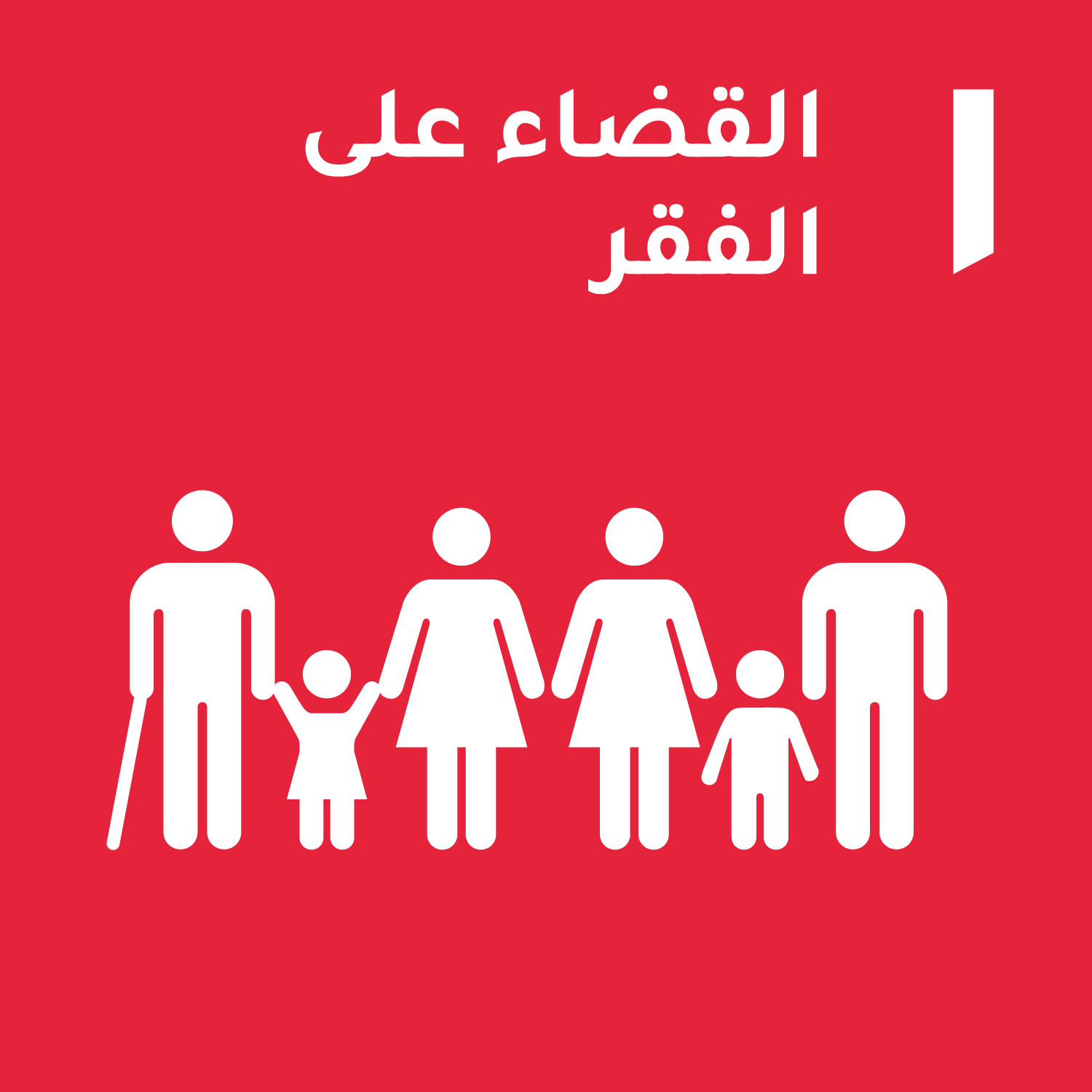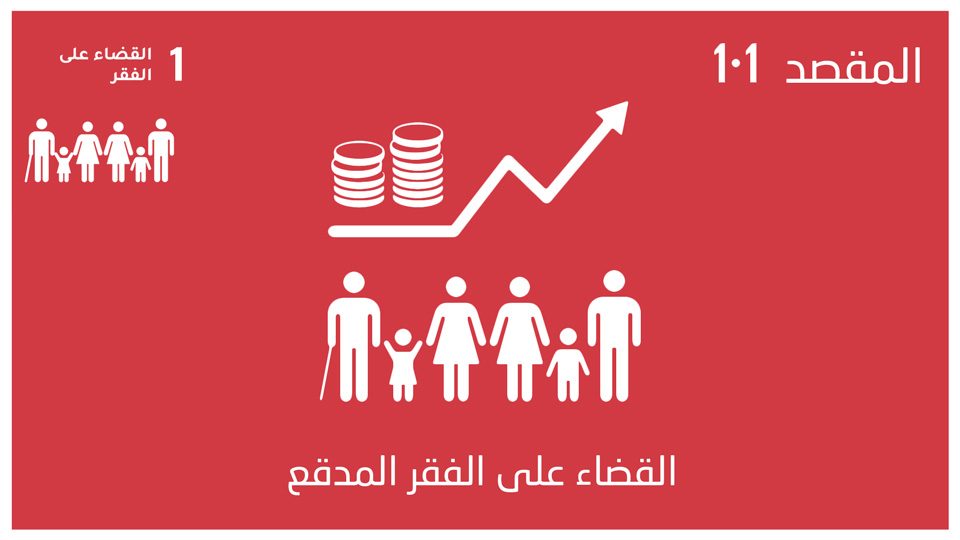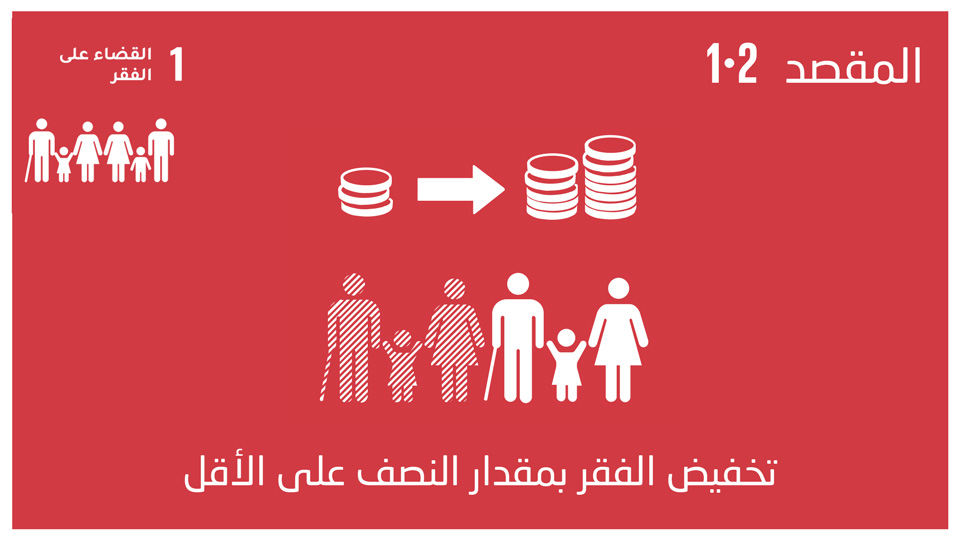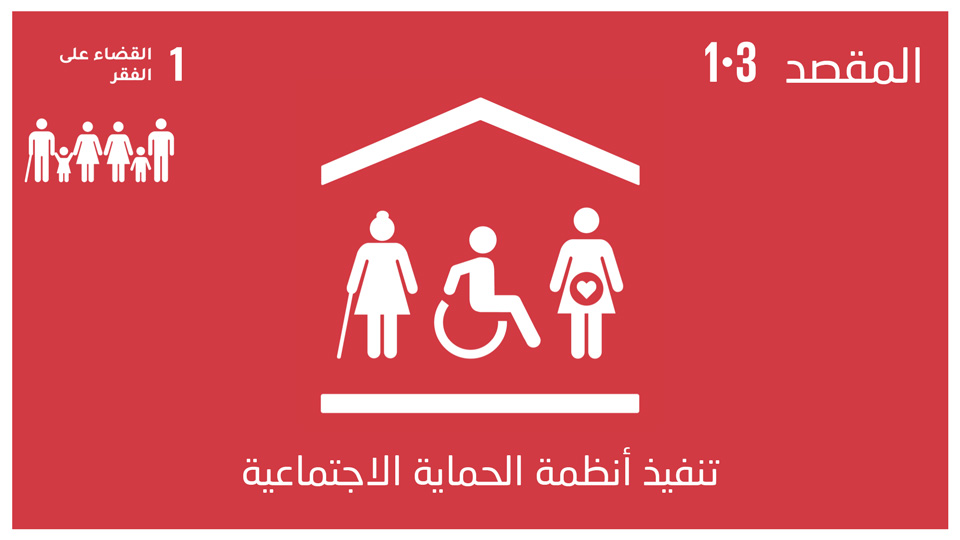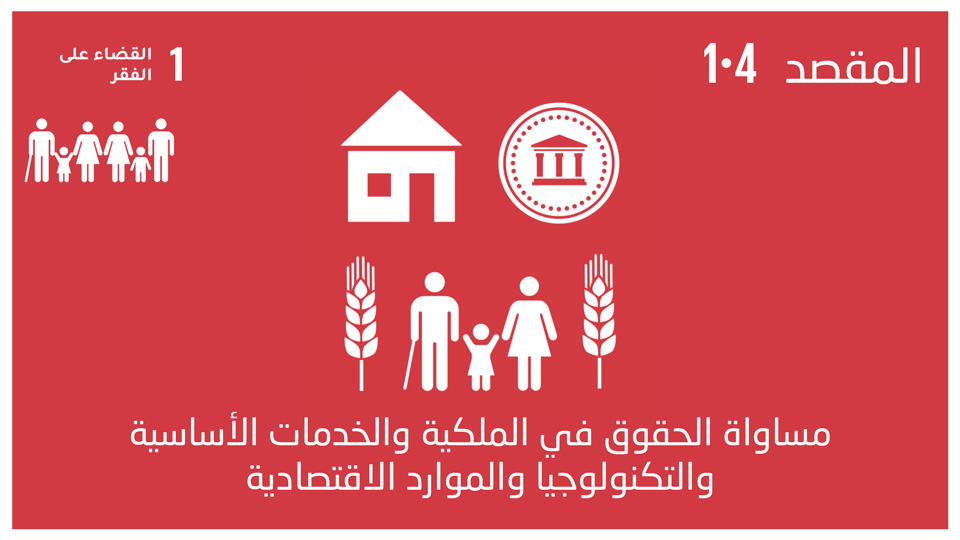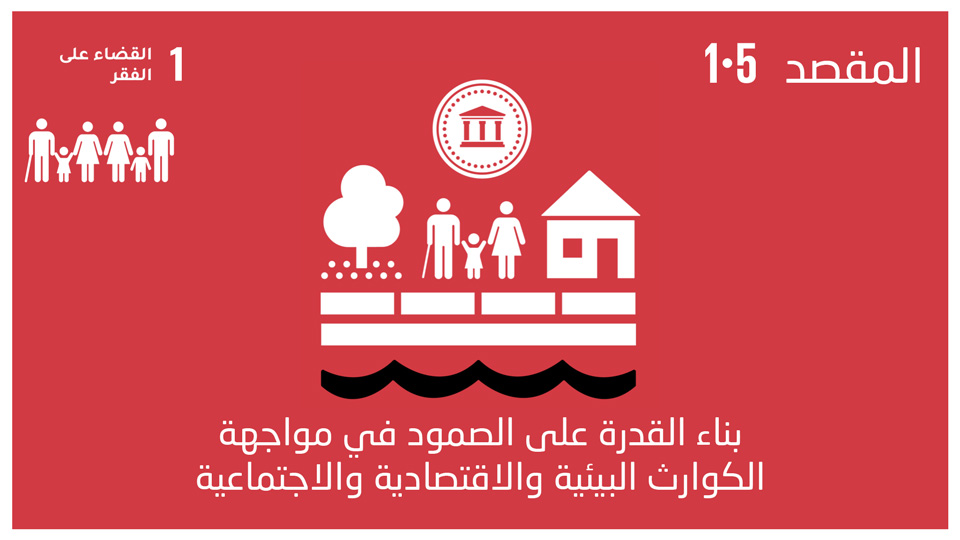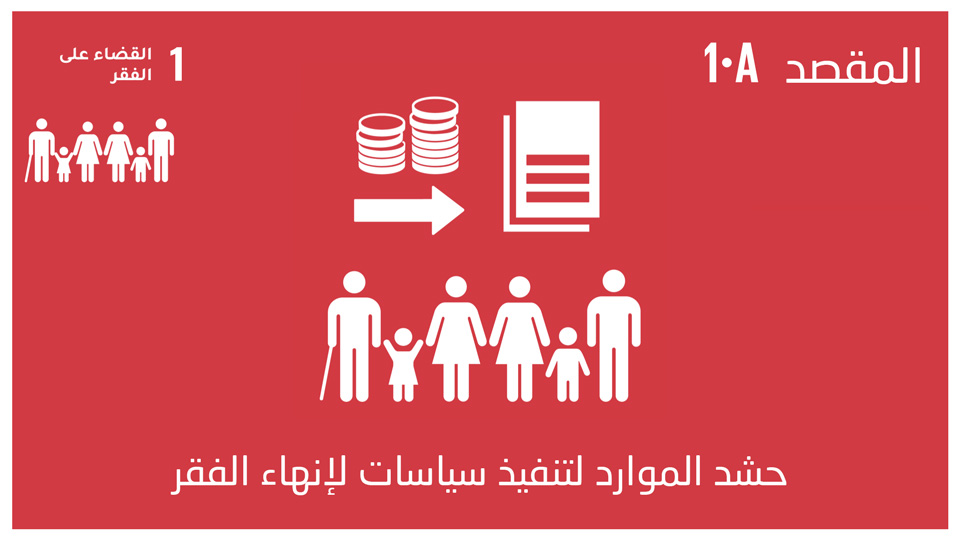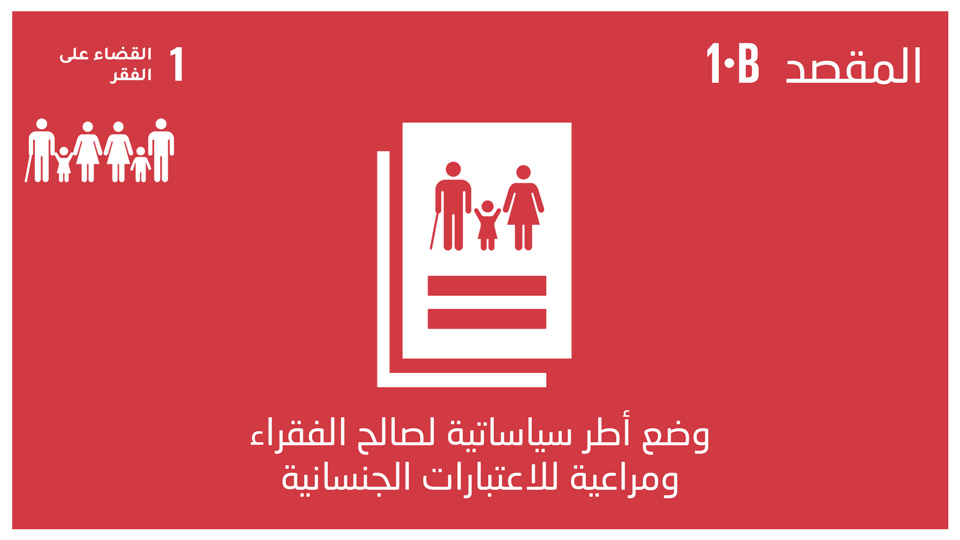From the standpoint of the association’s vision and mission, the idea of the project focused on empowerment processes, as the project addresses the issue of marginalization that society suffers from, especially women and girls. The project focuses on the social and economic empowerment of the target groups and takes social empowerment as an entry point to the economic empowerment processes. The economic and social empowerment project for the marginalized in the village of Dendera is a contributing factor to creating a nucleus upon which the project’s target groups rely, leading to a decrease in the poverty rate, which would contribute to solving problems. The project also focused on the problem of illiteracy among women and girls in the age group from 18 to 29 years, that is, for girls about to get married or married women. Illiteracy is considered one of the most serious problems in the targeted community. Illiteracy results in a group of problems, the most serious of which are unemployment, increased rates of poverty, increased marginalization of a large segment within society, weak participation processes, and the continuation of wrong habits and negative behaviors. Direct and indirect, as well as reproductive health, such as repeated pregnancies, increasing the number of family members, lack of spacing between one pregnancy and the next, or failure to follow up on the pregnancy with health service providers, and lack of awareness of danger signs during pregnancy and childbirth and during the postpartum period, which exposes women to a group of health problems and malnutrition in children due to the lack of awareness of the head of the family about the components of a healthy diet. This is in addition to indirect negative behaviors such as dealing with the environment with its components, which we refer to in dealing with solid waste, the most dangerous of which is burning plastic, storing water and hygiene. Personality
The project also focused on explaining the idea of entrepreneurship and creating psychological motivations and incentives for the target groups to work and own micro-enterprises that can be developed in a way that contributes to improving the economic conditions of the family and fighting poverty. The project’s work was completed by opening a marketing outlet for the products of these groups, as well as providing raw materials to ensure fair competition for their products in the local market
The direct target groups of the project:
The proposed project targets 144 women and girls in the age group of 18 to 29 years from marginalized groups that suffer from illiteracy and a low level of income in the family in general, and most of them are from poor and very poor families, and the problem’s impact extends to other individuals, as there is a link between women’s awareness and family health. Women are the ones who feed and nurse the family in cases of illness, and children are also affected by this problem. Families in the age group from 3 to 8 years who suffer from malnutrition. style="text-align:justify;">Targeted women's children in the age group from 1 to 8 years: (child weight activities and treatment of malnutrition)
The entire family: so that the wife or daughter bears some of the expenses that enable them to live a decent life
Society: By reducing the rate of family poverty, lowering the level of unemployment, and creating a model capable of fighting poverty that can be replicated with other groups
